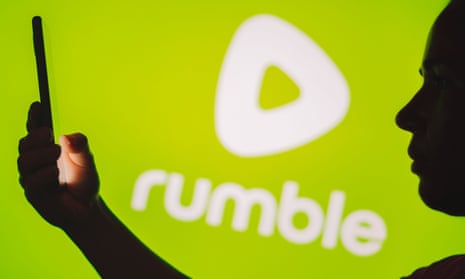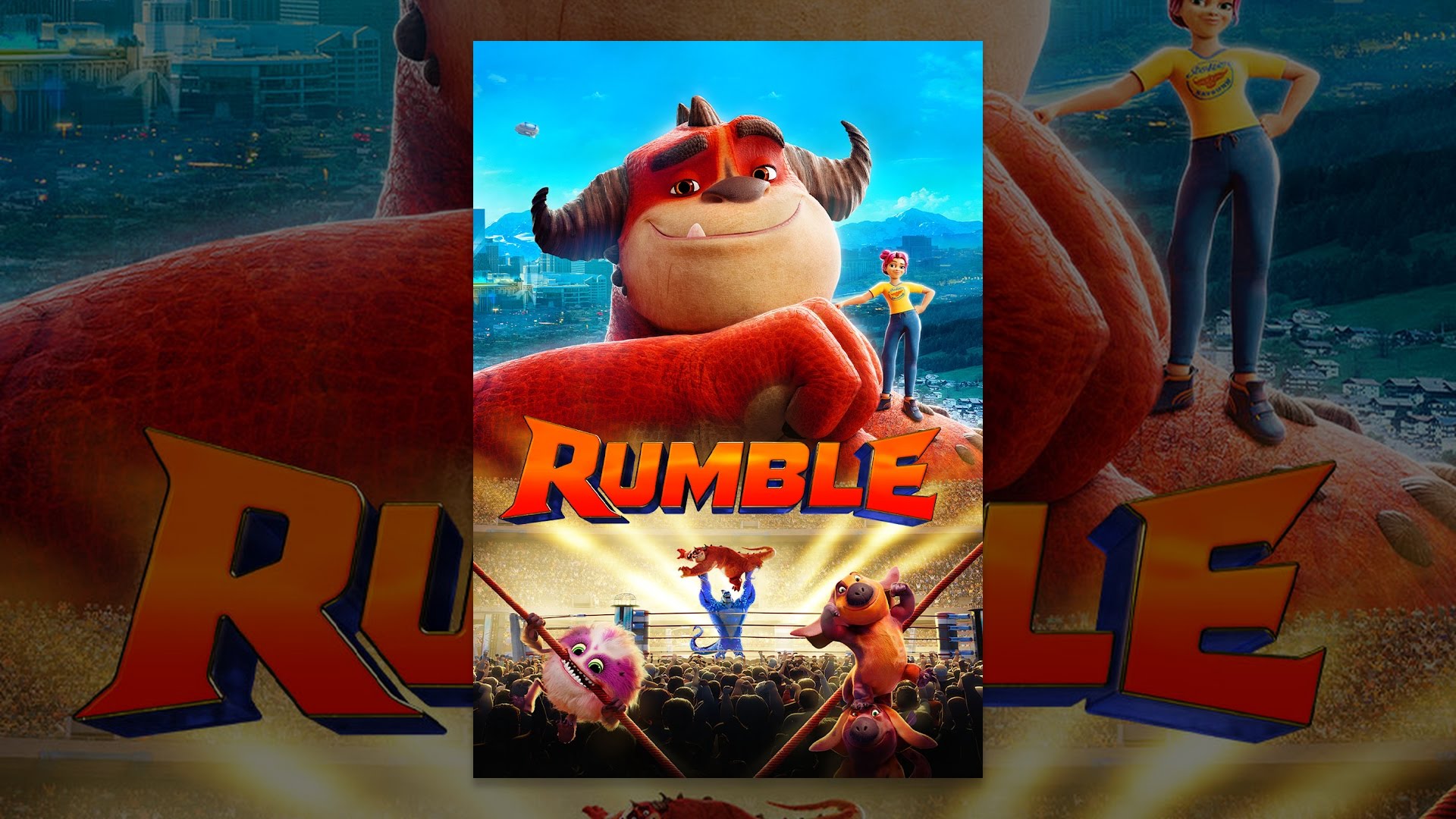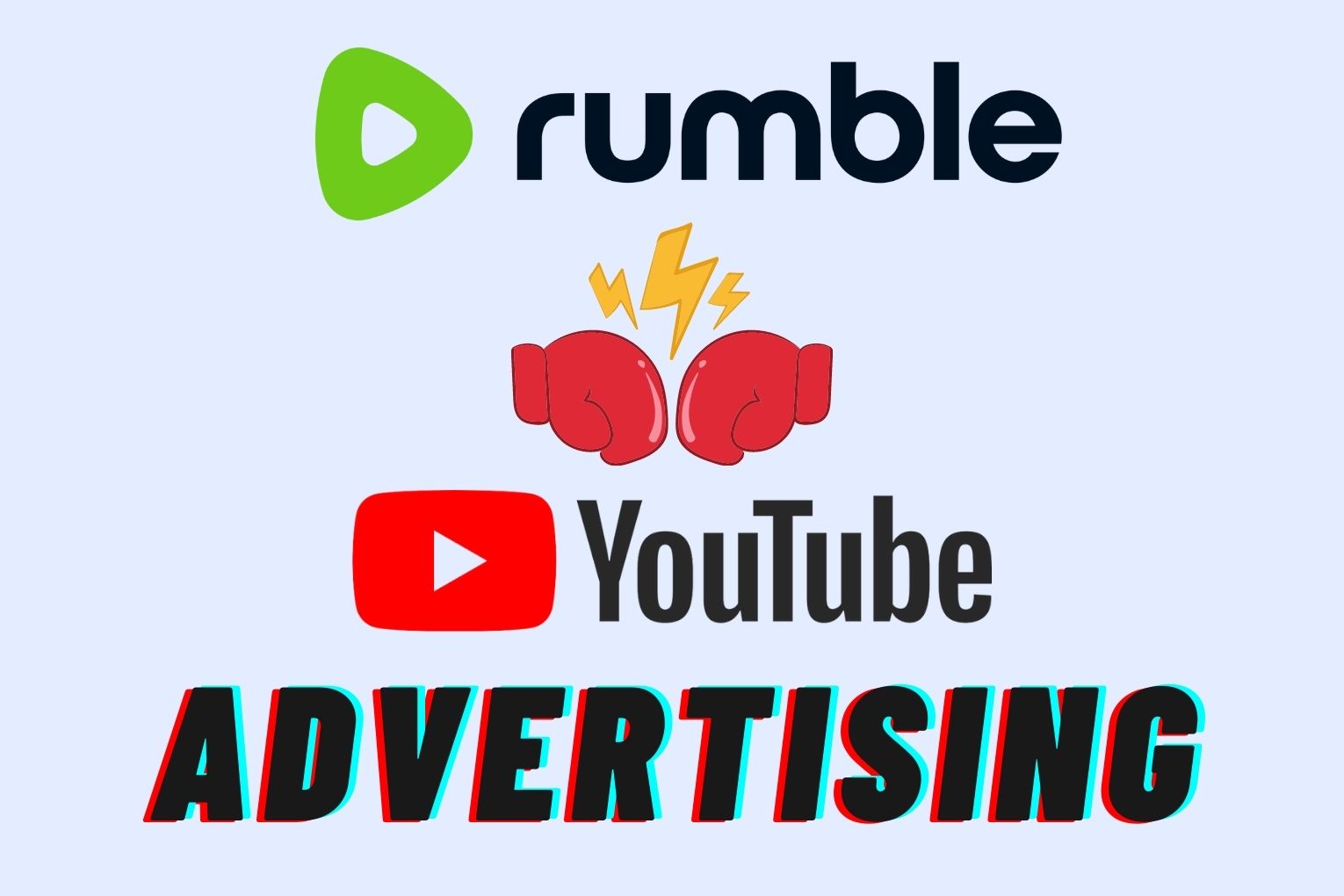When it comes to online video platforms, YouTube is often the first name that pops into people's minds. But there's a newcomer in town that's been making waves: Rumble. Both platforms offer a stage for creators to showcase their content, but they cater to distinct audiences and have unique features. Whether you’re a budding filmmaker, a vlogger, or looking to share your expertise, understanding these platforms can help you choose where to invest your creative energy. Let's dive deeper into what makes Rumble tick and how it differs from the well-established giant, YouTube.
Key Differences Between Rumble and YouTube

While both Rumble and YouTube serve as platforms for sharing videos, they vary significantly in terms of features, monetization, and audience engagement. Here are the key differences:
- Monetization Options:
- YouTube: Offers a complex monetization system, including AdSense, memberships, and super chats. Creators must apply to join the Partner Program, meet thresholds, and adhere to strict guidelines.
- Rumble: Simplifies monetization by offering instant revenue-sharing options, allowing creators to earn money right away. Creators can choose to monetize their videos directly upon upload.
- Content Moderation:
- YouTube: Regularly enforces strict community guidelines and can demonetize or remove content that violates its terms.
- Rumble: Generally promotes freer expression and tends to have less restrictive content moderation policies, attracting creators looking for a platform with fewer constraints.
- Audience Demographics:
- YouTube: Attracts a broad audience, making it suitable for various types of content but also more competitive.
- Rumble: Often appeals to a niche audience, which can make it easier for creators to stand out in specific categories.
- User Experience:
- YouTube: Features algorithms that can either promote or bury content based on user engagement.
- Rumble: Offers a more straightforward user interface, encouraging engagement with content rather than focusing excessively on algorithm-driven views.
In conclusion, while both Rumble and YouTube offer valuable opportunities for video creators, their distinct approaches can cater to different needs and preferences, making them unique in their own right. Whether you're looking for instant monetization or a more relaxed content moderation system, understanding these differences can guide you toward the platform that best aligns with your goals.
Monetization Opportunities for Creators on Rumble

One of the standout features that gives Rumble an edge over platforms like YouTube is its varied monetization opportunities for creators. If you’re a content creator looking to maximize your earnings, here’s what Rumble offers:
- Revenue Sharing: Rumble provides an attractive revenue-sharing model. Creators earn a percentage of the ad revenue generated from their videos, which can be quite lucrative depending on the viewership.
- Rumble Subscription: Creators can opt into the subscription model. Viewers can pay a monthly fee to access exclusive content, giving creators a consistent revenue stream.
- Content Licensing: Rumble allows creators to license their videos to media outlets and other platforms, creating additional opportunities for revenue. This means that if your content goes viral, you can get paid even further!
- Sponsorship Deals: Because Rumble has a growing audience, creators are likely to attract brands looking for sponsorships. This can further boost income through partnerships and promotional content.
- Minimized Censorship: Quicker payouts and fewer restrictions on content mean that creators can focus on making money instead of worrying about platform policies. This can lead to a more vibrant array of content and, ultimately, more revenue opportunities.
As you can see, Rumble isn’t just another video-sharing site; it’s a platform where creators can truly monetize their passion. This unique approach not only incentives high-quality content but also fosters a vibrant creator economy.
User Experience and Community Engagement

User experience on Rumble is designed with both the creator and the viewer in mind. The platform aims to create an environment that fosters community engagement while ensuring that your experience is enjoyable and intuitive. Here’s how Rumble stands out:
| Feature | Description |
|---|---|
| Simplicity | The interface is clean and user-friendly, making it easy for anyone to navigate without feeling overwhelmed. |
| Community Features | Rumble encourages interaction among users. You can comment on videos, create playlists, and even engage in discussions on trending topics. |
| Video Discoverability | With an effective algorithm for video recommendations, creators have a better chance of getting their videos in front of wider audiences. |
| Creator Support | Rumble actively supports its creators, providing resources and tools to help them maximize their content and grow their audience. |
Rumble fosters a community where creators feel valued and viewers are encouraged to interact. This sense of community not only helps creators connect with their audiences but also builds loyalty and engagement. When you create content on Rumble, you’re not just uploading videos; you’re becoming part of a thriving ecosystem designed to celebrate creativity and collaboration.
Content Moderation and Freedom of Expression
When it comes to content moderation, Rumble approaches the issue quite differently than YouTube. One of the most significant draws for creators on Rumble is its commitment to fostering an environment focused on freedom of expression. While YouTube has a more extensive set of community guidelines and often faces criticism for its stringent content restrictions, Rumble prides itself on its more lenient policies.
This difference is essential for many creators who feel that they have to walk on eggshells on platforms like YouTube. Here are some notable aspects where Rumble shines:
- Less Censorship: Rumble aims to provide a platform where diverse viewpoints can coexist, allowing creators to express themselves without the constant fear of video removal or demonetization.
- Transparent Policies: Rumble offers a clear understanding of what constitutes a violation, giving creators more control over their content.
- Creator Ownership: Creators retain ownership of their videos and have a more significant say over how their content is managed.
This commitment to content freedom is particularly appealing to those whose voices may be marginalized elsewhere. For creators tired of navigating complex algorithms that favor certain types of content, Rumble's straightforward policies can feel like a breath of fresh air.
But it’s worth noting that this freedom also comes with challenges. Rumble’s more relaxed moderation means that some content might not meet the standards expected by all viewers, which can lead to a more polarized community. Still, for many creators, the ability to speak freely without fear of suppression is a significant factor in choosing Rumble over YouTube.
Conclusion: Choosing the Right Platform for Creators
In the end, selecting the right platform comes down to what a creator values most: moderation, monetization, audience reach, or perhaps the freedom to express unconventional ideas. Rumble and YouTube each offer unique advantages that cater to different types of content creators.
Here are some considerations to help you decide:
| Factor | YouTube | Rumble |
|---|---|---|
| Content Moderation | Strict guidelines, higher censorship | More lenient policies, greater freedom |
| Monetization | Ad revenue, diverse income streams | Revenue sharing, direct monetization options |
| Audience Reach | Massive global audience | Smaller but niche-focused community |
| Creator Ownership | Limited ownership and control | More control and ownership of content |
Ultimately, it’s essential for creators to reflect on their personal goals, type of content, and the kind of community they want to build. If you prioritize freedom of expression and a more relaxed approach to content moderation, Rumble might just be the right fit. On the other hand, if you're looking for a larger audience and multiple monetization methods, YouTube remains a robust option. In the end, it’s all about finding the right balance that aligns with your creative vision.










